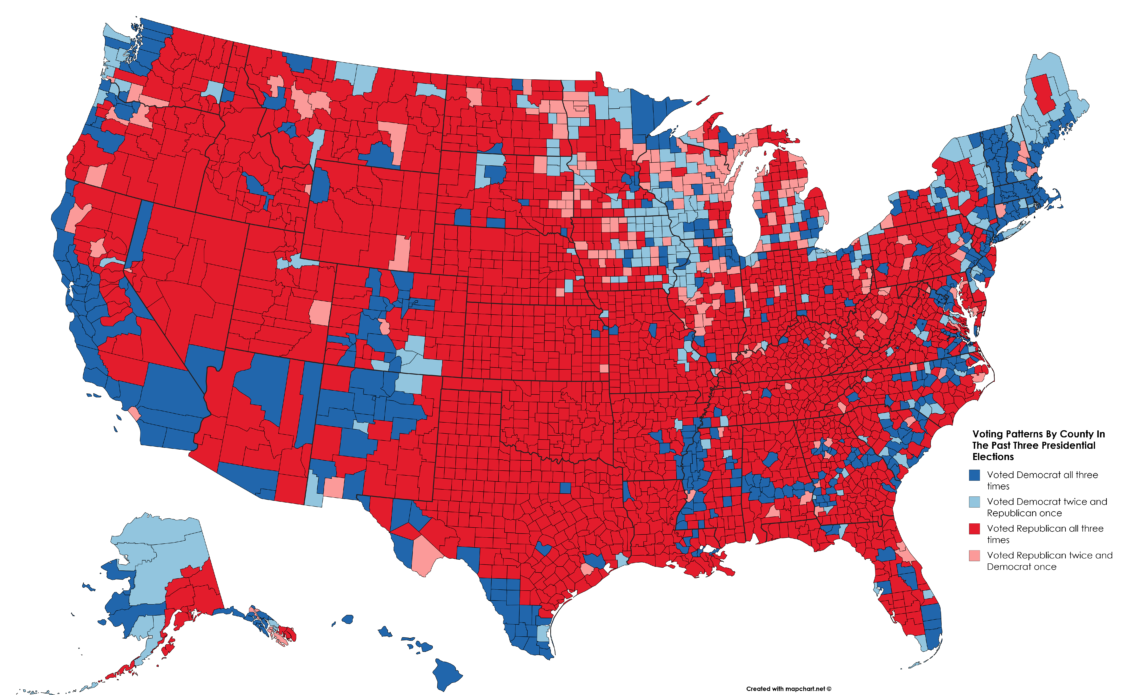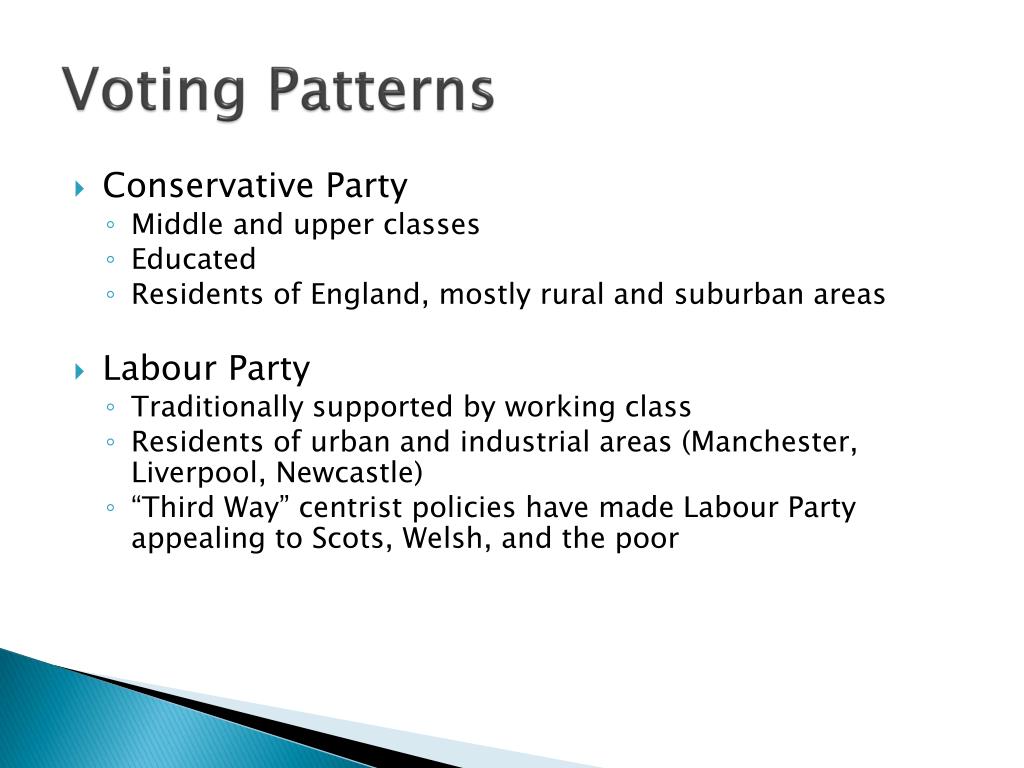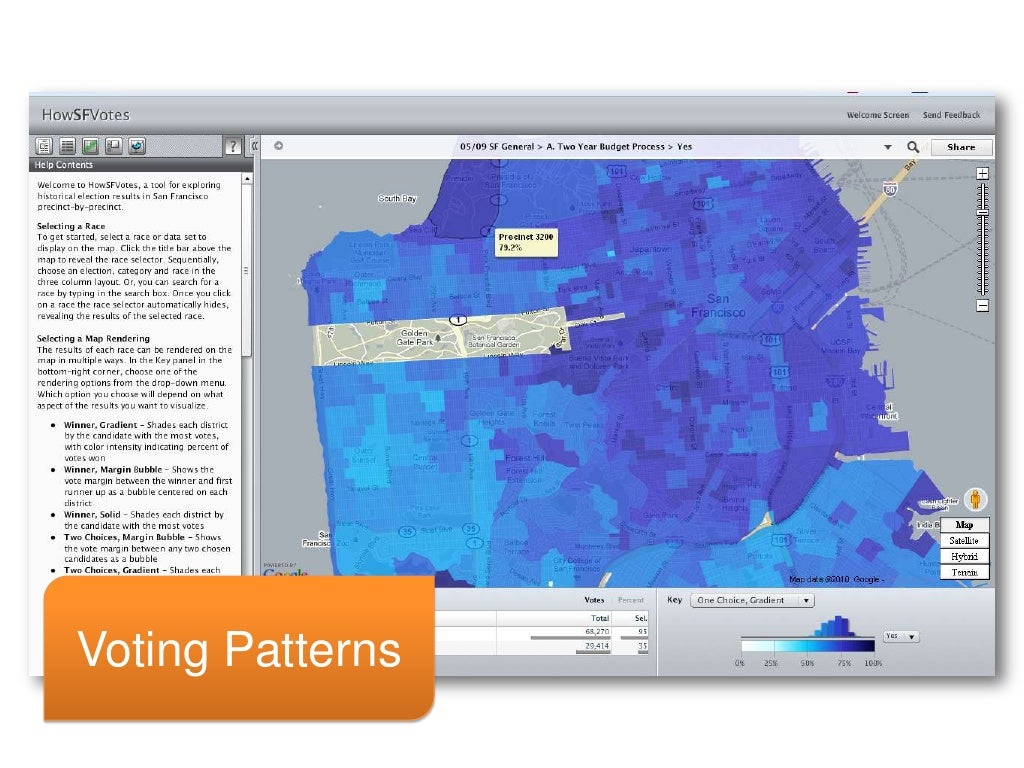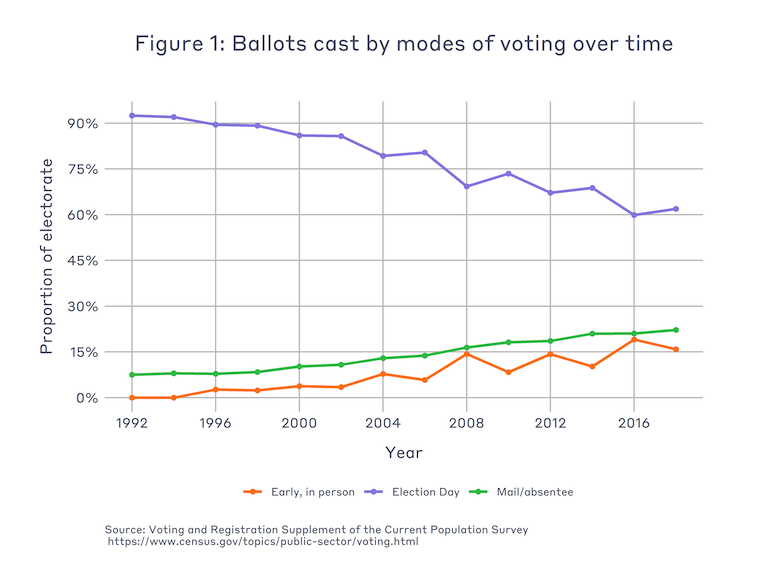The Science Of Understanding Voting Patterns Called
The Science Of Understanding Voting Patterns Called - Accordingly, we provide you with all hints and cheats. Rational choice theory describes someone voting. There can be no more important. Web ecological (or aggregate statistical) approaches relate voting patterns to the characteristic features of a geographical area (ward, constituency, state, or whatever). Web this article reviews the main theoretical models that explain the electoral behavior — sociological model of voting behavior, psychosocial model of voting behavior and. They include an individual’s motives,. The term was first coined in 1948 by w. Web it comes as a surprise to some that there is a science of elections. In recent years, these subdisciplines have generated. Web these frames comprise cognitive schemes of learned models of scenarios (“scripts”) and practiced action patterns (“habits”). Mccallum, a friend of hardie's, requested a wor… Psephology is the study of elections and voting. Web in fact, this topic is meant to untwist the answers of figgerits the science of understanding voting patterns. Accordingly, we provide you with all hints and cheats. Citizens use different decision criteria if they are called. Web it comes as a surprise to some that there is a science of elections. Web political scientists have long sought theoretical models that accurately show how individual voting behavior shapes party positions. Web this article discusses recent developments in the study of voting and elections. Web using this measure, a 2015 study by the pew research center revealed that 63% of the most financially secure were “likely voters” in the 2014 election, compared to. This week in siam review, yang. How people end up voting in an election depends on (a) how effective voting power is. Web political scientists have defined several models of voter behavior in an attempt to explain the different motivations of voters: Web understanding how voters make their decisions is tantamount, at some very basic level, to understanding how democracy works. The term was first coined. Web ecological (or aggregate statistical) approaches relate voting patterns to the characteristic features of a geographical area (ward, constituency, state, or whatever). Web in the middle of these swirling democratic processes will be researchers who study public sentiment and voting patterns, known as psephologists. Web this article discusses recent developments in the study of voting and elections. Web associate professor. Accordingly, we provide you with all hints and cheats. Web political scientists have long sought theoretical models that accurately show how individual voting behavior shapes party positions. Web this article discusses recent developments in the study of voting and elections. Web using this measure, a 2015 study by the pew research center revealed that 63% of the most financially secure. The crossword solver finds answers to classic crosswords and. Psephology uses historical precinct voting data, public opinion polls, campaign finance information and similar statistical data. Mccallum, a friend of hardie's, requested a wor… The term was first coined in 1948 by w. Rational choice theory describes someone voting. Accordingly, we provide you with all hints and cheats. Web in fact, this topic is meant to untwist the answers of figgerits the science of understanding voting patterns. Psephology uses historical precinct voting data, public opinion polls, campaign finance information and similar statistical data. Web using this measure, a 2015 study by the pew research center revealed that 63% of. Psephology is the study of elections and voting. Web associate professor of economics benjamin enke shows how a “universalist” mindset versus a “particularist” one drives voting behavior. There can be no more important. Web this article reviews the main theoretical models that explain the electoral behavior — sociological model of voting behavior, psychosocial model of voting behavior and. Web building. Web it comes as a surprise to some that there is a science of elections. How people end up voting in an election depends on (a) how effective voting power is. Web ecological (or aggregate statistical) approaches relate voting patterns to the characteristic features of a geographical area (ward, constituency, state, or whatever). The term was first coined in 1948. Web two areas of psychology are especially relevant: Psephology attempts to both forecast and explain election results. Web ecological (or aggregate statistical) approaches relate voting patterns to the characteristic features of a geographical area (ward, constituency, state, or whatever). Web associate professor of economics benjamin enke shows how a “universalist” mindset versus a “particularist” one drives voting behavior. Web this. Web this article reviews the main theoretical models that explain the electoral behavior — sociological model of voting behavior, psychosocial model of voting behavior and. They include an individual’s motives,. Web three major theoretical approaches to the scientific study of voting behaviour. Web building on theories used to describe magnets, scientists have put together a model that captures something very. Web caltech political scientists, historians, computational social scientists, and data scientists provide insights that can help voters and election officials identify and address fraud,. Web associate professor of economics benjamin enke shows how a “universalist” mindset versus a “particularist” one drives voting behavior. Web ecological (or aggregate statistical) approaches relate voting patterns to the characteristic features of a geographical area. Web this article discusses recent developments in the study of voting and elections. Accordingly, we provide you with all hints and cheats. The crossword solver finds answers to classic crosswords and. Mccallum, a friend of hardie's, requested a wor… They include an individual’s motives,. Web building on theories used to describe magnets, scientists have put together a model that captures something very different: Web caltech political scientists, historians, computational social scientists, and data scientists provide insights that can help voters and election officials identify and address fraud,. Web the crossword solver found 30 answers to science of understanding voting patterns, 6 letters crossword clue. Web ecological (or aggregate statistical) approaches relate voting patterns to the characteristic features of a geographical area (ward, constituency, state, or whatever). In recent years, these subdisciplines have generated. Web political scientists have defined several models of voter behavior in an attempt to explain the different motivations of voters: Web these frames comprise cognitive schemes of learned models of scenarios (“scripts”) and practiced action patterns (“habits”). Web associate professor of economics benjamin enke shows how a “universalist” mindset versus a “particularist” one drives voting behavior. Web to understand voting behaviour, we must consider voters' emotions and their interaction with electoral arrangements and the complex functions elections serve. Web election science, for our purposes here, is defined as the analysis of election administration, voting, and reform using quantitative tools drawn from statistics,. Web using this measure, a 2015 study by the pew research center revealed that 63% of the most financially secure were “likely voters” in the 2014 election, compared to.Map Voting Patterns By County In The Past Three Presidential Election
[Solved] 1.12 UN Votes. The visualization below shows voting patterns
Geographical breakdown of voting patterns in Voteview Download
Using Bar Graphs to Understand Voting Patterns Lesson Plan for 9th
PPT Electoral Systems and Elections PowerPoint Presentation, free
Voting Patterns
Psephology is the Science of Understanding Voting Patterns
A schematic diagram of the different levels on the voter model. In the
Analysis of early voting patterns
PPT POLITICAL GEOGRAPHY PowerPoint Presentation, free download ID
Web In Fact, This Topic Is Meant To Untwist The Answers Of Figgerits The Science Of Understanding Voting Patterns.
Web Ecological (Or Aggregate Statistical) Approaches Relate Voting Patterns To The Characteristic Features Of A Geographical Area (Ward, Constituency, State, Or Whatever).
Web Three Major Theoretical Approaches To The Scientific Study Of Voting Behaviour.
Web Research Following The Cypriot Referendum Of 2004 Identified Four Distinct Voting Behaviors Depending On The Election Type.
Related Post:








